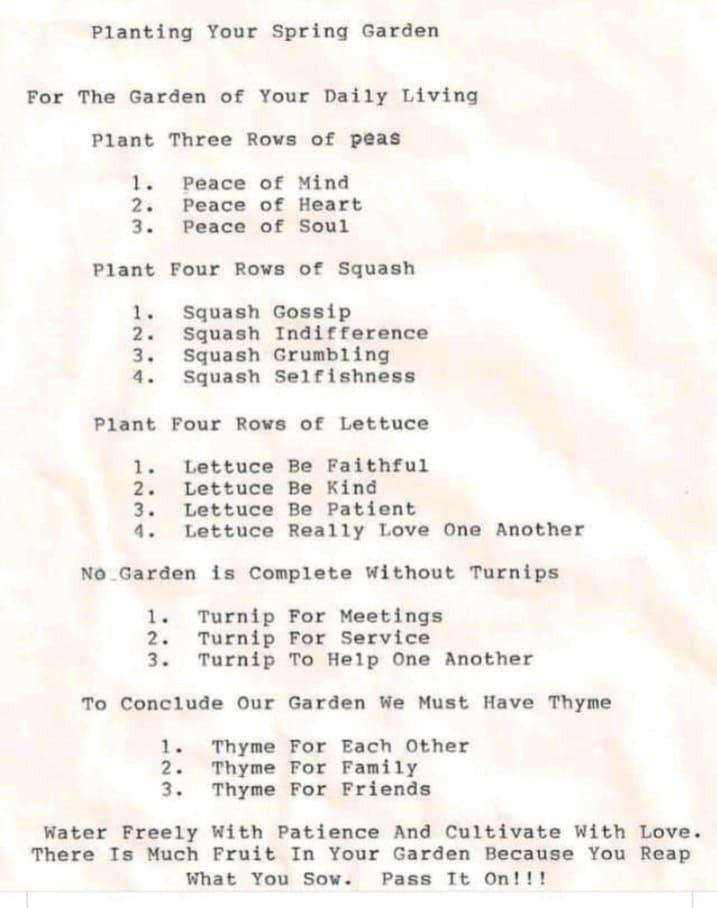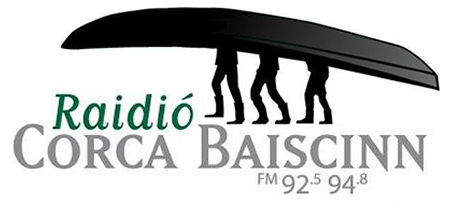All expressed hope that, while missing there social life and friends.
 Radio Beams
Radio Beams Radio Beams
Radio BeamsLorna is a Professional Genealogist and Family Historian. She is a longstanding member of the Association of Professional Genealogist. Lorna is the Resident Genealogist for Dromoland Castle in County Clare. Lorna worked as Project Genealogist for George Boole *200 genealogy project for University College Cork and is an excellent researcher for Irish family histories.
Lorna produces and presents the successful show: ‘The Genealogy Radio show’ aired each Thursday at 4p.m. from beautiful Kilkee, Co. Clare at Raidio Corcabaiscinn and Podcasts are available weekly.
Lorna has delivered conference papers at Oxford; Lincoln College: Exploration of the Medieval Gaelic Diet: (2012); seminar papers at the Moore Institute in NUI Galway, ‘The Gaelic Lordships in Thomond, c. 1400-c.1500’ and papers at Irish Conference of Medievalists on themes of Brian Boru and landscape of East Clare. Lorna has published on medieval themes and on maritime subjects. Her research areas are the MacNamaras and O’Briens of Thomond.
Lorna received her Certificate for the Advancement of Forensic Genealogy (CAFG) in Dallas in March 2015.
 Radio Beams
Radio BeamsLorna produces and presents the successful show: ‘The Genealogy Radio show’ aired each Thursday at 4p.m. from beautiful Kilkee, Co. Clare at Raidio Corcabaiscinn and Podcasts are available weekly.
Lorna has delivered conference papers at Oxford; Lincoln College: Exploration of the Medieval Gaelic Diet: (2012); seminar papers at the Moore Institute in NUI Galway, ‘The Gaelic Lordships in Thomond, c. 1400-c.1500’ and papers at Irish Conference of Medievalists on themes of Brian Boru and landscape of East Clare. Lorna has published on medieval themes and on maritime subjects. Her research areas are the MacNamaras and O’Briens of Thomond.
Lorna received her Certificate for the Advancement of Forensic Genealogy (CAFG) in Dallas in March 2015.
Throughout the centuries, the day of veneration of St. Brigid, which itself was inspired by the Celtic celebration of ‘Imbolc’ associated with the fertility goddess Brigid, has been an opportunity for people to make a symbolic journey, either tangibly, as a pilgrimage to a holy well, or more symbolically, re-connecting with the sacredness of the land and the splendour of the sky.
It is from this tradition that Lá Fhéile Bríde has evolved to become, in contemporary times, a celebration of the creativity, genius, courage and achievement of Irish women.
The first of February is the day when we celebrate the life of St. Brigid, who in earlier and ancient times was known as the goddess Brigid, a powerful woman and the patroness of, among other things, healing, the arts, fertility, and agriculture.
St. Brigid was a woman who rejected the conventions of her time, who dedicated herself to innovation in the realm of education, and who, in seeking to ensure that her voice was heard in a male-dominated world, had to summon an extraordinary courage, transcend obstacles, and not just survive but put a new version of things in place. How appropriate, then, our invoking her is for our present circumstances.
Generations of Irish women have benefited from her inspiration and legacy. Today, as we recall her story with admiration, may we also resolve to seek inspiration in her example, to pursue our ideal of equality, universal respect for rights, and a better world for all our citizens, male and female.
We do so, as we seek strength together in such values as solidarity, care, compassion and kindness, and in the knowledge that our resolve has been sorely tested in the past year. For some the mustering of courage has been harder than others. They must be in a special place in our collective thoughts and actions.
Since the outbreak of the Covid-19 pandemic, thousands of people have lost their lives to the virus. Many of those they left were without the intimacy of their passing or the opportunity to grieve as they would wish. Countless people too have seen their lives radically altered, their livelihoods curtailed and the social bonds, from which they drew comfort and joy, ruptured.
It is appropriate that we all pause to acknowledge the distress of all those for whom the pandemic has brought such pain and loss, and all those who are now experiencing loneliness and isolation from the contacts with those who previously sustained them.
We must all recognise, that while the justified and necessary measures to protect public health, and to which we must give an ever greater effort, it is equally important to be sensitive to the undeniable fact that they have had a profound impact on so many, and for some more than others.
And so, as we celebrate the courage and commitment of St. Brigid in her day, we in our day pay tribute to all of those who, in their different ways, continue to put their lives at risk as they continue their important work, for the benefit of all of us their fellow citizens.
Future generations will recall, I am sure, and feel grateful for, the enormous debt of gratitude we owe to all those workers who have responded to the pandemic with such courage, “misneach”, such care, “cúram”, and with a spirit of solidarity, “dlúthpháirtíocht”.
As we prepare to move into the brighter, warmer days of Spring, with the renewed hope that it brings, the reality of the present, the present we share, is that the winter of the Covid pandemic is still upon us, and continues. The dark days of the pandemic will continue to challenge us for some time, and while lockdown fatigue is very real and palpable for so many, we must continue our journey within and muster up courage.
Moving through such moments of darkness, it is important to celebrate the light that comes from our common determination to see out the challenge. Just as the seasons change, this crisis, too, will pass. As an old Caribbean song puts it ‘time heals everything’. How long it will take, and how high the price is that we will pay for it, depends, to a large extent, on how we react today, and in the weeks ahead.
Spring and springtime offer rebirth, rejuvenation, renewal, resurrection and regrowth. May we all find it.
So, today, on Lá Fhéile Bríde, as we move closer to the Spring Equinox, let us hold firm in solidarity and take solace in the transformations that Spring will bring and the joys of Summer which, although we still have some distance to travel to them, are surely awaiting us.
Beir beannacht.”

Lorna produces and presents the successful show: ‘The Genealogy Radio show’ aired each Thursday at 4p.m. from beautiful Kilkee, Co. Clare at Raidio Corcabaiscinn and Podcasts are available weekly.
Lorna has delivered conference papers at Oxford; Lincoln College: Exploration of the Medieval Gaelic Diet: (2012); seminar papers at the Moore Institute in NUI Galway, ‘The Gaelic Lordships in Thomond, c. 1400-c.1500’ and papers at Irish Conference of Medievalists on themes of Brian Boru and landscape of East Clare. Lorna has published on medieval themes and on maritime subjects. Her research areas are the MacNamaras and O’Briens of Thomond.
Lorna received her Certificate for the Advancement of Forensic Genealogy (CAFG) in Dallas in March 2015.
Lorna is a Professional Genealogist and Family Historian. She is a longstanding member of the Association of Professional Genealogist. Lorna is the Resident Genealogist for Dromoland Castle in County Clare. Lorna worked as Project Genealogist for George Boole *200 genealogy project for University College Cork and is an excellent researcher for Irish family histories.
Lorna produces and presents the successful show: ‘The Genealogy Radio show’ aired each Thursday at 4p.m. from beautiful Kilkee, Co. Clare at Raidio Corcabaiscinn and Podcasts are available weekly.
Lorna has delivered conference papers at Oxford; Lincoln College: Exploration of the Medieval Gaelic Diet: (2012); seminar papers at the Moore Institute in NUI Galway, ‘The Gaelic Lordships in Thomond, c. 1400-c.1500’ and papers at Irish Conference of Medievalists on themes of Brian Boru and landscape of East Clare. Lorna has published on medieval themes and on maritime subjects. Her research areas are the MacNamaras and O’Briens of Thomond.
Lorna received her Certificate for the Advancement of Forensic Genealogy (CAFG) in Dallas in March 2015.
Lorna produces and presents the successful show: ‘The Genealogy Radio show’ aired each Thursday at 4p.m. from beautiful Kilkee, Co. Clare at Raidio Corcabaiscinn and Podcasts are available weekly.
Lorna has delivered conference papers at Oxford; Lincoln College: Exploration of the Medieval Gaelic Diet: (2012); seminar papers at the Moore Institute in NUI Galway, ‘The Gaelic Lordships in Thomond, c. 1400-c.1500’ and papers at Irish Conference of Medievalists on themes of Brian Boru and landscape of East Clare. Lorna has published on medieval themes and on maritime subjects. Her research areas are the MacNamaras and O’Briens of Thomond.
Lorna received her Certificate for the Advancement of Forensic Genealogy (CAFG) in Dallas in March 2015.
Lorna is a Professional Genealogist and Family Historian. She is a longstanding member of the Association of Professional Genealogist. Lorna is the Resident Genealogist for Dromoland Castle in County Clare. Lorna worked as Project Genealogist for George Boole *200 genealogy project for University College Cork and is an excellent researcher for Irish family histories.
Lorna produces and presents the successful show: ‘The Genealogy Radio show’ aired each Thursday at 4p.m. from beautiful Kilkee, Co. Clare at Raidio Corcabaiscinn and Podcasts are available weekly.
Lorna has delivered conference papers at Oxford; Lincoln College: Exploration of the Medieval Gaelic Diet: (2012); seminar papers at the Moore Institute in NUI Galway, ‘The Gaelic Lordships in Thomond, c. 1400-c.1500’ and papers at Irish Conference of Medievalists on themes of Brian Boru and landscape of East Clare. Lorna has published on medieval themes and on maritime subjects. Her research areas are the MacNamaras and O’Briens of Thomond.
Lorna received her Certificate for the Advancement of Forensic Genealogy (CAFG) in Dallas in March 2015.
